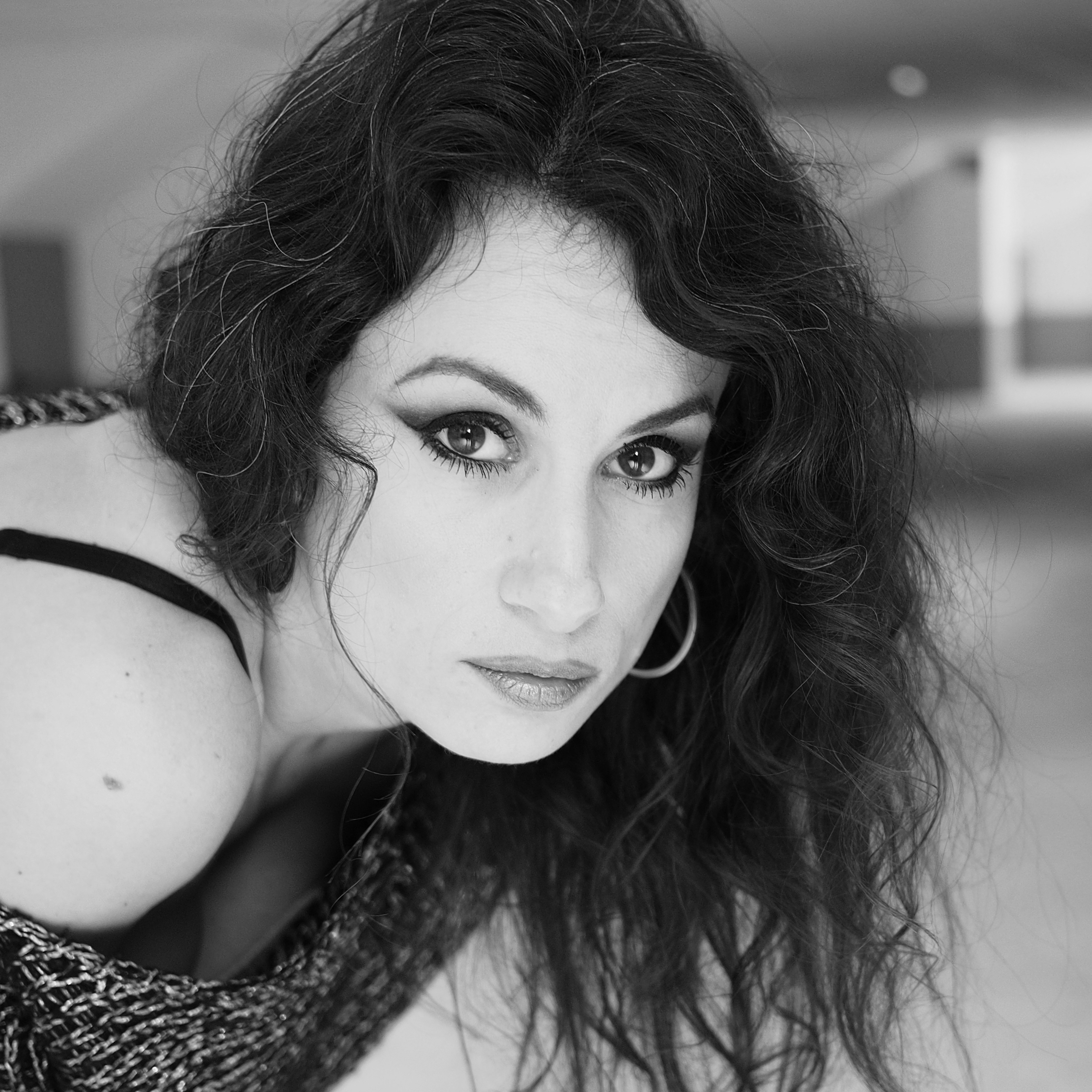Wheel of Fortune
translated from the Galician/Spanish by Samantha Schnee
There are women who, upon the bright star
of each twenty-eighth day,
receive a stream of liquidity in their accounts,
endometrial or financial,
a blessed
hemorrhage of cash.
I, on the other hand, have
a costly hypothesis:
each menstrual cycle is one of pointless nostalgia—
a broken necklace of infinitesimal un-births
not this one, or this one, or this other one, or that one …
all those cells waiting just to rush
headlong into dying so easily,
my embryonic failures, I
build a nest to curl up close with them
I’m left alone and, softly, I whisper to my ovaries:
Couldn’t you
produce
something more useful?
I swallow a pill
and make haste to desecrate myself.
A Roda Da Fortuna
Hai mulleres que, co luceiro de cada día vinte oito,
báixalles un caudal de liquidez ás súas contas,
endometrio ou salario,
unha bendita
hemorraxia de billetes.
A min, porén, píngame
unha gravosa hipótese
—cada ciclo menstrual é unha inútil nostalxia—
ábreseme un colar de diminutos abortos
este non, este tampouco, nin este outro, nin este ...
todos eses xermes facendo quenda para precipitarse
intentando morrer e non lles custa
meus embrionarios fracasos, eu
fago un niño para me recostar con eles
quedo a soas e, en baixiño, besbéllolles aos meus ovarios:
non podedes
segregar
algo máis produtivo?
Trago unha pastilla
e corro a abusar de min mesma.
Copyright © 2025 by Yolanda Castaño. Originally published in Poem-a-Day on September 9, 2025, by the Academy of American Poets.
“Women’s bodies are often exploited, sometimes by others and sometimes by women themselves; this poem draws the connections between biology and issues of class. The receipt of a salary from an employer’s account (or, for the self-employed, the payment of taxes) occurs on a monthly cycle, similar to that of menstruation; all three cycles are wheels of fortune with different outcomes. The reproductive cycle of a woman who chooses not to become a mother symbolizes a lack of productivity, the squandering of possibilities; it’s frustrating that, in the turbo-capitalistic context, this is recognized as waste. Hence the conclusion of this poem: self-abuse with analgesic pills and patches for pain or failure. The poem can be read as a transcript of how the obsession with work (self-abuse) can be a palliative for the variety of fortunes women experience.”
—Yolanda Castaño

